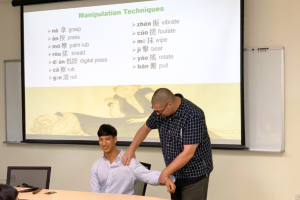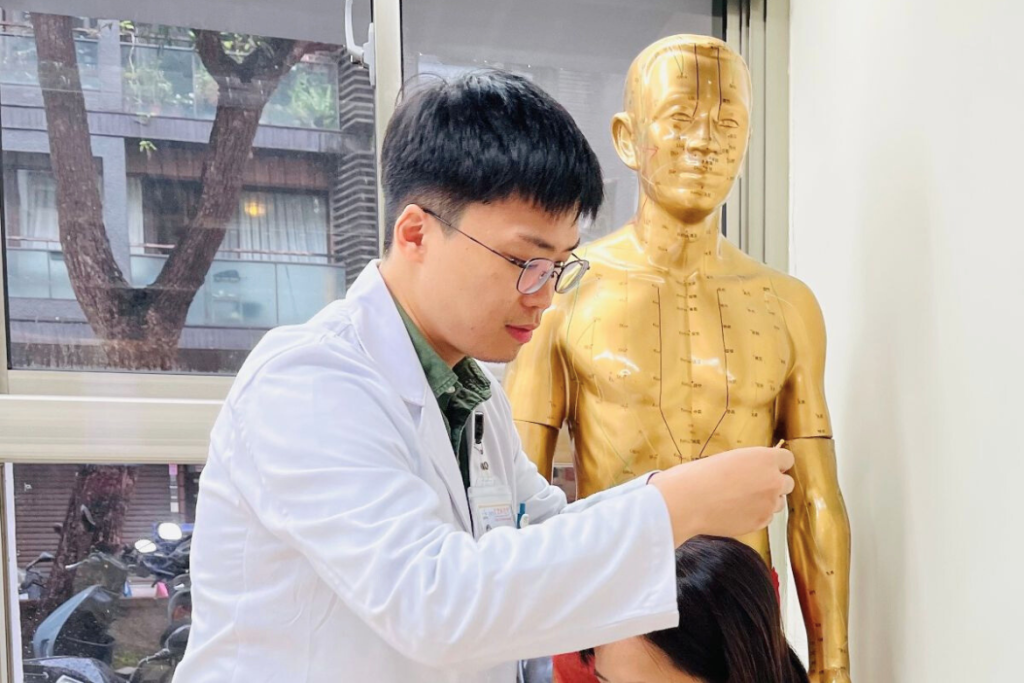NYCU became the first university in Taiwan to establish a Chinese medicine school.
Translated by Elaine Chuang
In response to the insufficient research capacity and faculty in traditional Chinese medicine (TCM) in Taiwan, NYCU’s predecessor, Yang Ming Medical College, established the Institute of Traditional Medicine as early as 1991. After years of solidifying its presence in the field of TCM, the Ministry of Education approved establishing the School of Chinese Medicine last year. In the future, the school will primarily affiliate with Taipei Veterans General Hospital for clinical internships, shouldering the responsibility of nurturing cross-disciplinary “New Traditional Chinese Medicine Practitioners.”

Currently, most TCM practitioners in Taiwan serve in community-based healthcare. Hospitals, universities, governments, and industries need TCM professionals to drive teaching, research, and research and development (R&D). The newly established School of Chinese Medicine focuses on nurturing TCM professionals required for hospital clinical practices, scientific research, and the biotechnology industry, ultimately advancing Taiwan’s traditional Chinese medicine industry.
The “New Traditional Chinese Medicine Practitioners” aims to inject vitality into major hospitals and the biotechnology industry. In addition to practicing in communities, this initiative aims to provide students with broader academic perspectives and more development opportunities.
Tung-Yi Lin mentioned that they plan to cultivate TCM professionals with a global perspective and innovative thinking through interdisciplinary collaboration. These practitioners will contribute to advancing medical technology, actively participating in developing traditional Chinese medicine in Taiwan and globally.




